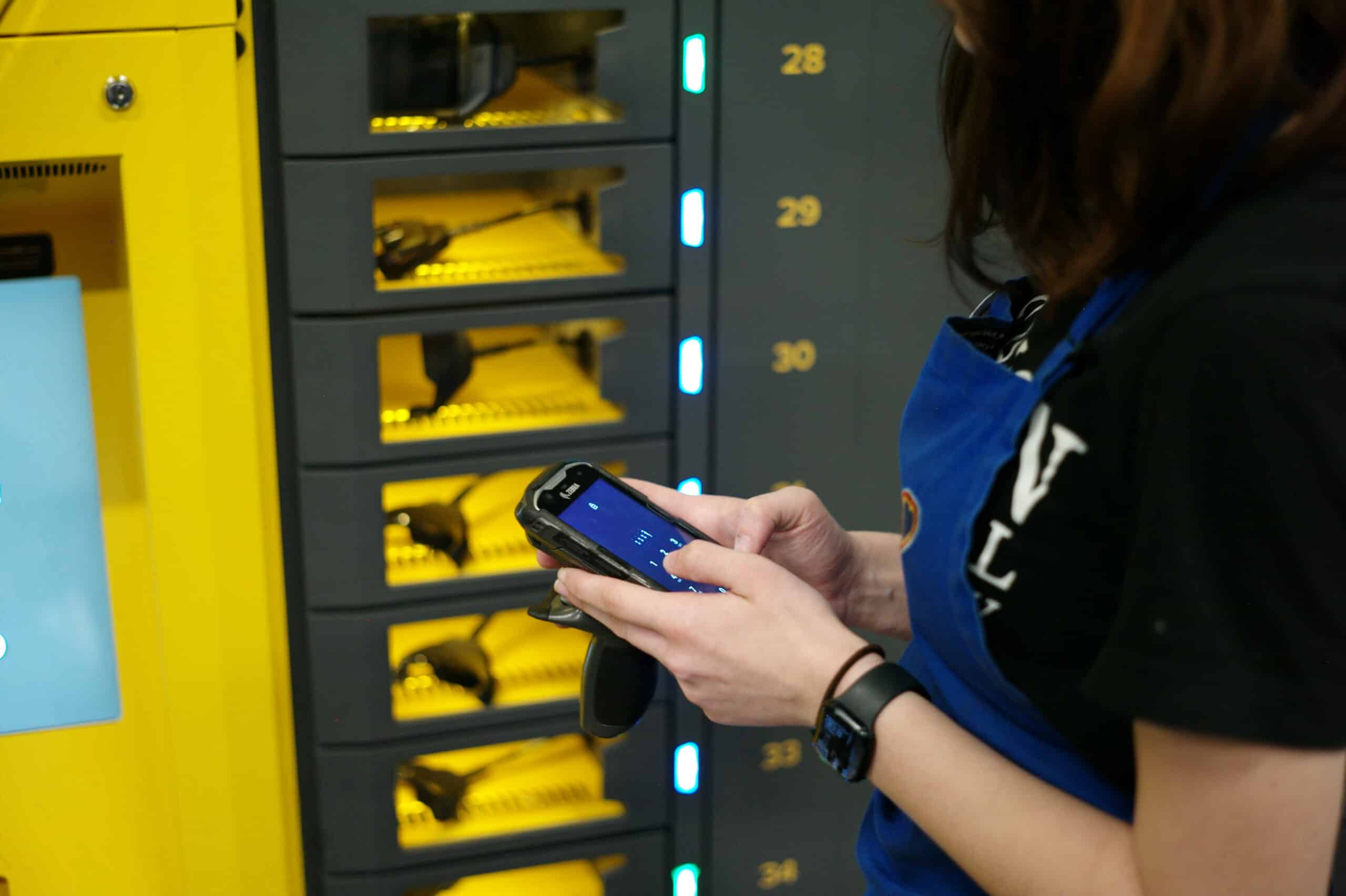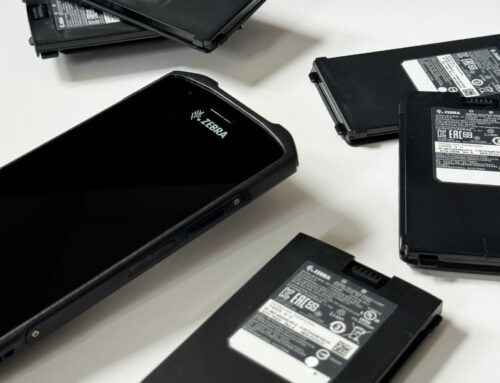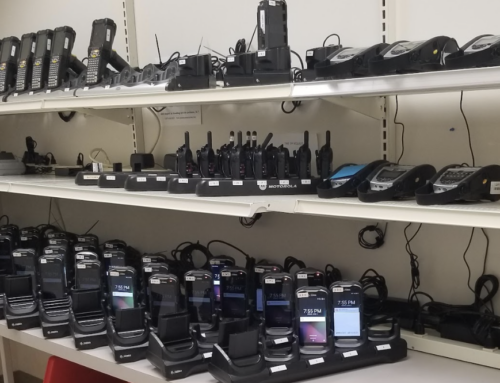The Hidden Risks of BYOD Policies

As retailers get ready for another busy holiday season, organizations are in relentless pursuit of strategies that boost competitiveness, productivity, and cost-effectiveness. One strategy that has gained a lot of momentum is the implementation of bring your own device (BYOD) policies, which allow employees to utilize their personal smartphones and tablets for work-related tasks including inventory check and processing transactions. While this approach might seem appealing at first glance, there are a host of challenges that retailers must navigate.
Loss in Productivity:
BYOD policies present a number of risks to employee productivity. A recent study found that the average worker spends 12% of their working hours on social media. With any BYOD policy, mixing business and personal use is inevitable. Allowing employees to use their personal devices makes it very difficult to manage their device usage while on the job and can make them more vulnerable to compromised websites or apps as well.
There is also a functionality tradeoff that occurs with personal devices since camera apps are used in place of scanners that are typically equipped on enterprise-grade devices. This causes non-essential apps to compete for processing power and can slow employees down due to lag.
Additionally, when an employee’s device breaks, there’s no efficient way to have it repaired. While company-owned devices can be shipped back to the manufacturer for repairs, this becomes complicated when dealing with employees’ personal property. This causes increased downtime when an employee needs to find alternative solutions to repair the devices they use for work.

Lack of Security:
Personal devices often lack the stringent data security controls of their company-owned counterparts. Helpnet Security reports that data leakage is the biggest concern among organizations, with 63% of respondents listing this as their top concern with BYOD policies. This deficiency exposes sensitive customer and business data to the lurking threats of potential breaches which are becoming increasingly common in the retail space. Even if the employee’s device is lost or stolen outside of work, this can lead to serious security implications for the organization.

Malware:
Employees’ personal devices can also serve as easier entry points for malware and other threats to infiltrate the corporate network, jeopardizing the integrity of your retail operation. Last year, the average number of mobile malware instances grew 51%, and about a quarter of app samples were found to be malicious, according to a 2023 “Global Mobile Threat Report.” Personal devices often have a wide range of third-party apps installed, making it likely that some may have security vulnerabilities.
Device Compatibility:
There are also a lot of considerations to be made about the types of devices organizations let their employees use. Research suggests that device use in BYOD environments is highly unregulated. In a survey conducted by Social Barrel, 28.4% of respondents reported that their IT departments actively ignore BYOD policies. Team members may have a variety of different operating systems and software versions, all of which might not be compatible with the organization’s network making it more difficult for IT teams to manage. BYOD may also still require investment in some company devices. What happens when an employee forgets to charge their phone before work? Or if they leave the device at home altogether? Businesses will still need to have backups in order to prevent significant operational disruptions in these situations.
Legal Challenges:
Finally, implementing BYOD policies can introduce legal complexities related to data ownership and access rights. Determining who owns the data on personal devices can become an issue, particularly in situations where employees leave the company or when new hires join. These concerns can become especially pronounced in industries with strict regulations where data security and compliance are paramount. Ensuring that all devices meet these regulatory requirements is challenging, and the consequences of non-compliance can be severe. Clarity in data ownership, transfer protocols, and access rights is essential to prevent potential legal disputes, particularly when employees leave the company.
As an alternative to BYOD policies, retailers have been turning to various device management solutions to safeguard their company-owned assets. These solutions are helping to empower companies to enforce stricter security policies, prevent loss or theft, and ensure that devices are consistently accounted for while removing the burden on associates trying to find a device at the start of their shift.
ARC offers an intelligent device management system that effectively slashes downtime by ensuring devices are always ready to be picked up and used by team members. By streamlining the check-in and check-out processes, employees and managers ensured they were ready to handle situations out on the floor while reducing the risk of security blunders caused by employee-owned devices.
While BYOD policies have their perks, they should not come at the expense of the organization’s security and productivity. Achieving the delicate balance between convenience and security necessitates a careful approach, crystal-clear policies, and the adoption of the right technologies.
In today’s evolving retail landscape, maintaining a competitive edge requires innovation without compromising security. ARC equips you with the tools to successfully navigate this terrain, safeguarding your devices and data while maintaining peak performance and productivity.
Learn more at ExperienceARC.com








